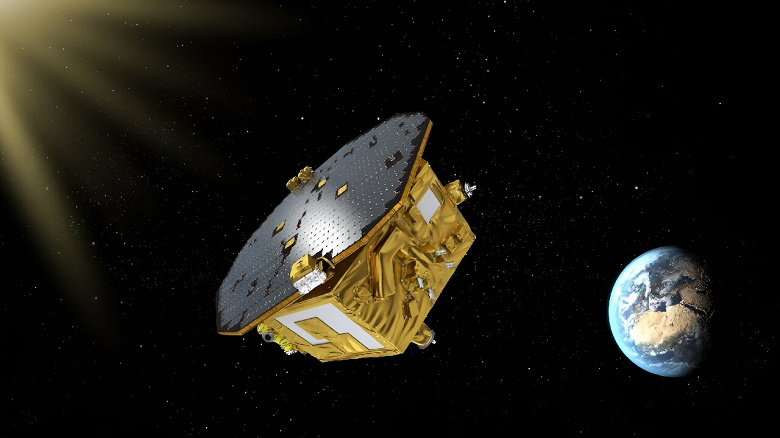Two new missions will significantly expand knowledge about several old cosmic mysteries
January 25 The European Space Agency (ESA) has given the green light to two unique space missions.
The first mission, called LISA — laser space interferometer, was developed to study gravitational waves in space. The mission is expected to launch in 2035 using an Ariane 6 rocket. LISA is a three-part system of spacecraft that will follow the Earth's orbit around the Sun. These devices will form an equilateral triangle in space, where each side will be 2.5 million kilometers long. Using laser beams transmitted between these devices, scientists will be able to measure even the smallest distortions caused by gravitational waves. The discovery of these waves is of fundamental importance.
Predicted by Albert Einstein in 1916, gravitational waves — these are the slightest distortions in the structure of space-time, which are compared to waves on the surface of a lake. Formed during catastrophic cosmic events, such as the merger of two black holes, they pass through everything in the Universe at the speed of light with virtually no interference. Their existence was only confirmed in 2015. Last year, scientists said they had discovered the first signs of low-frequency gravitational waves, which are thought to continuously pass through space like background noise.
The second mission, EnVision, will launch in 2031 and is aimed at deep study of Venus. EnVision will be the first mission to directly probe the atmosphere of Venus using radar technology. The main goal of the mission — obtaining valuable new data about the geological activity, climate and history of this planet. By showing information like this, EnVision will allow scientists to better understand the processes occurring in the Solar System, and in particular on Venus.
Both spacecraft will be launched on the Ariane 6 rocket. After several years of delays, the first flight of the rocket is scheduled for the period from June 15 to July 31 of this year.

